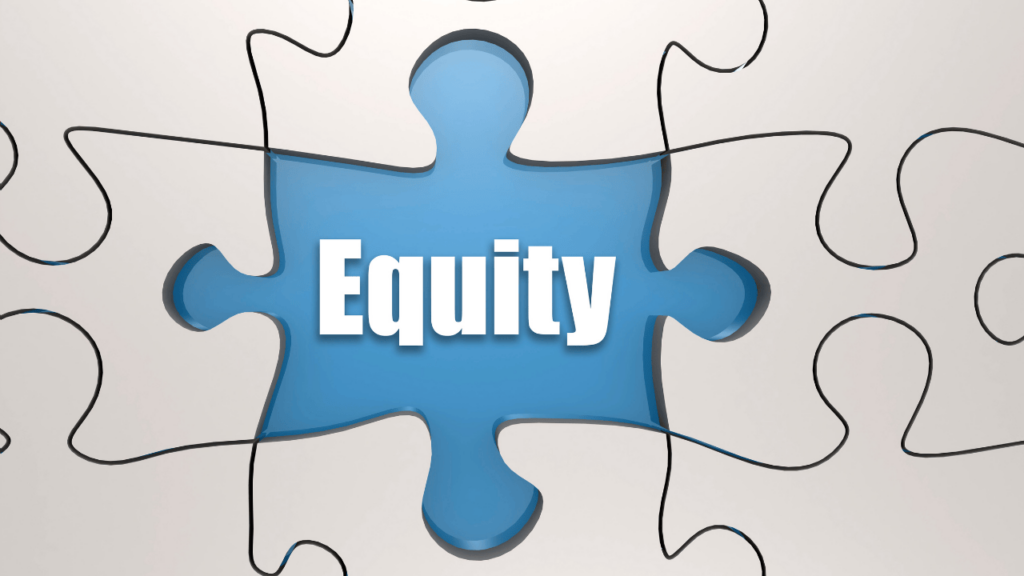
As we approach the end of 2024, it’s the perfect time to reflect on the year and take charge of your financial future. The habits you form today will have a direct impact on the wealth you can build tomorrow. While emotional and behavioural influences often play a role in our financial decisions, it’s the simple, effective habits that truly pave the way to long-term success. A fundamental rule to embrace is ‘save first, invest wisely, and spend what’s left’.
Understanding that your financial journey is unique to you is crucial. Personal finance isn’t one-size-fits-all. Your approach should be tailored to your goals, preferences, and circumstances. By focusing on building good financial habits and keeping emotions in check, you can create a solid foundation for lasting wealth creation.
In this blog post, we’ll explore the essential steps to develop strong financial habits and create lasting wealth, helping you build a solid foundation for long-term financial success.
Effective Money Management:
When you approach personal finance with a rational mindset, you’ll quickly realize that most financial problems can be solved with simple strategies. By implementing effective budgeting techniques, you can easily manage your income, investments, and expenses. If you find personal finance overwhelming or complex, keep in mind that you don’t need to be a financial expert to take control of your finances.
In the book ‘The Psychology of Money’, author Morgan Housel emphasizes the emotional aspects of money management. He argues that real-life financial decisions are often more complicated than what you read in textbooks, as emotions play a key role in decision-making. Learning how to manage your emotions around money is just as important as understanding the numbers.
Additionally, I highly recommend the book ‘The Richest Man in Babylon’. This classic book offers valuable insights into personal finance and money management, with principles that are still relevant today. By applying these timeless lessons, you can create a solid foundation for long-term wealth building and financial success.
The Role of Gold in Wealth Creation and Financial Security:
Many investors already turn to tangible assets like real estate and gold as part of their wealth creation strategy. For years, there has been debate over whether gold investment is truly lucrative. The sharp rise in gold prices can often be attributed to heightened geopolitical tensions, such as international conflicts and wars.

However, over the past 20-years, gold has delivered returns comparable to major indices such as the Sensex and Nifty. This is a significant achievement, especially considering the strong global demand for gold as a hedge against inflation.
In India alone, households are estimated to hold nearly 27,000 tonnes of gold, worth almost $3 trillion at current prices—more than half the total value of stocks traded on the Bombay Stock Exchange or the National Stock Exchange. Despite this, gold remains an illiquid asset, with many preferring to keep it in the form of jewellery. People often sell or use gold as collateral only in emergencies. The rise of gold-backed loans in India is a testament to this behavioural trend, highlighting the emotional and practical value many place on their gold holdings.
Build Wealth with Simple Financial Habits:
Gold and equities might give similar returns over 20 years, but their price movements are very different. That’s why it’s a smart idea to divide your investments between the two. To do this, you don’t need to know everything about finance—just find a good financial advisor to help you decide how much to invest in each. Then, give your money time to grow and invest regularly.
The first step to investing is saving. You need to get into the habit of setting aside some money every month. Without savings, talking about investments doesn’t really help. Start small but stay consistent. Over time, these regular savings will give you the funds to invest wisely and work toward building wealth.
Inflation-Proof Your Portfolio with Equities:
Inflation is the biggest challenge in the world of investments. As you work hard to earn a meaningful living, the rising cost of living eats into your wealth. While official inflation figures may tell one story, the real impact is felt daily. However, with the right financial habits, you can protect your wealth from inflation.
One of the best strategies for wealth creation is to ensure equity and equity-linked assets are always part of your investment portfolio. Why? Because equities consistently outperform other asset classes and offer the highest returns over time. For example, if you invested ₹50,000 yearly since 1994, your total investment of ₹14.5 lakh would be worth ₹58.8 lakh in a fixed deposit and ₹70.2 lakh in a PPF. However, if you had invested in gold, it would be worth ₹1.2 crore. The real game-changer, though, is equity—investing in the Nifty 50 index would have turned your ₹14.5 lakh into a staggering ₹12.8 crore.

With an average inflation rate of 6.3% over 30 years, your savings would need to increase by ₹147 lakh just to maintain the same purchasing power. Fixed deposits and PPFs may not keep up with inflation, while gold offers a decent return but still falls short for long-term financial goals. This highlights the importance of incorporating equities into your investment strategy to build long-term wealth and secure your financial future.
The Power of Passive Equity Investing for Wealth Growth:
We all know that financial markets are driven by the expectation of future returns. The stock market’s performance largely mirrors the growth in profits of companies listed within it. Let’s keep things practical here. Back in 1994, our awareness of equities was minimal, meaning our participation in the stock market was virtually non-existent. Fast forward to today, and the landscape has dramatically shifted. The number of demat accounts, trading accounts, and stock market investors has skyrocketed. The National Stock Exchange now boasts over ten crore unique investor accounts, and this number is only going to keep growing as the full potential of the market unfolds.
There’s always a bit of hesitation when it comes to investing in equities—whether it’s a lack of knowledge or fear of the unknown. Many of us tend to shy away from learning about the intricacies of investing after formal education ends. As new investors dip their toes into the equity markets, they often get drawn to high-risk strategies like day trading or options trading, hoping to make quick profits. But here’s the truth: you don’t have to follow that route.
The key takeaway is simple that ‘equity assets are crucial for beating inflation’. That doesn’t mean you need to master the complexities of derivatives trading. You can easily work with a professional advisor who’ll help you pick the right investment instruments that match your financial goals.

Back in the 90s, index funds or exchange-traded funds (ETFs) were unheard of. Today, with just a tap on your smartphone, you can invest in these assets. Committing to passive investing can have a significant impact on your retirement savings over time. While there’s no guarantee that the Nifty 50 will continue delivering a specific return, the historical data overwhelmingly supports the idea that equity assets are a sensible, long-term choice. This approach has worked for decades, and there’s every reason to believe that equities will continue to outperform other asset classes moving forward.
You can also check out my other article on rule-based simple passive investing.
How to Choose the Right Investment for You:
The first step in building a solid financial plan is to create an asset allocation strategy. There’s a wealth of resources online to help you understand the basics of all the investment options. Focus on the big picture — how future profits can be impacted — rather than getting bogged down in the details. You don’t need to worry about timing the market or analysing every single sector. The government frequently warns against risky, speculative trading.
Please note that mutual funds come with their own risk ratings, giving you a clear idea of what to expect. The historical performance data of Nifty 50 shows that over time, owning equity assets is almost always a wise choice. You don’t have to be an expert in the field — you just need to make smart, informed decisions.
Conclusion:
Incorporating good financial habits into your life is not just about knowing what to do with your money today, but building a strong foundation for your financial future. By embracing the power of saving, investing wisely in equities, and diversifying your portfolio with assets like gold, you set yourself up for long-term wealth creation.
While the complexities of personal finance may seem overwhelming at first, the key lies in developing the right habits and seeking professional advice when necessary. Remember, the path to financial success isn’t about knowing everything—it’s about making smart, informed decisions and staying consistent over time. With patience, discipline, and the right strategies, you can confidently work towards securing your financial future and achieving your wealth-building goals.
Leave your comments below on what are your thoughts on good financial habits to create long-term wealth.
Do follow me on Quora, where I post regularly on topics such as money management, personal finance, investments, etc.





